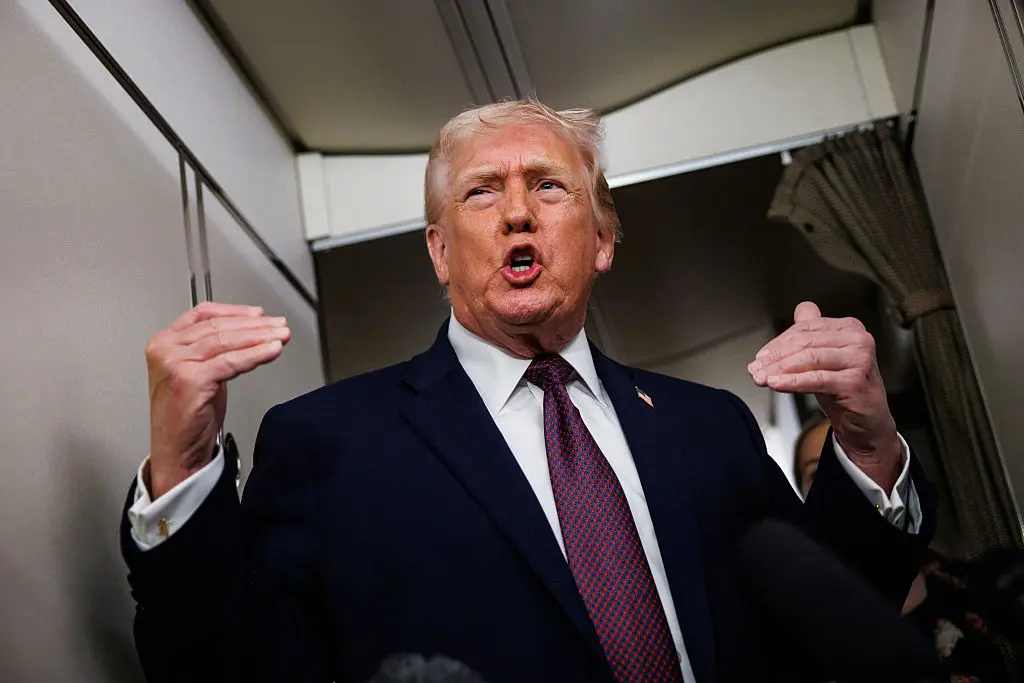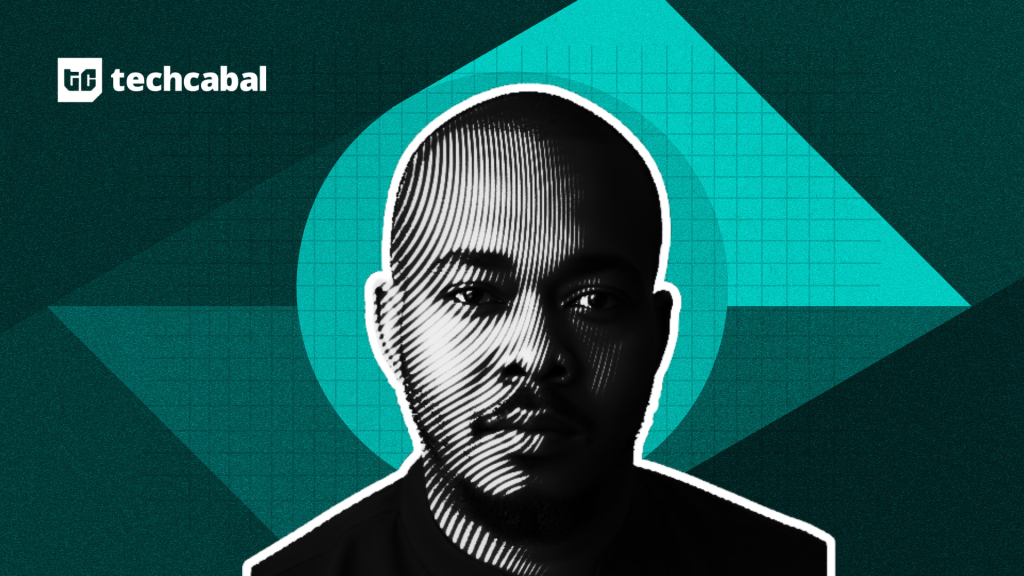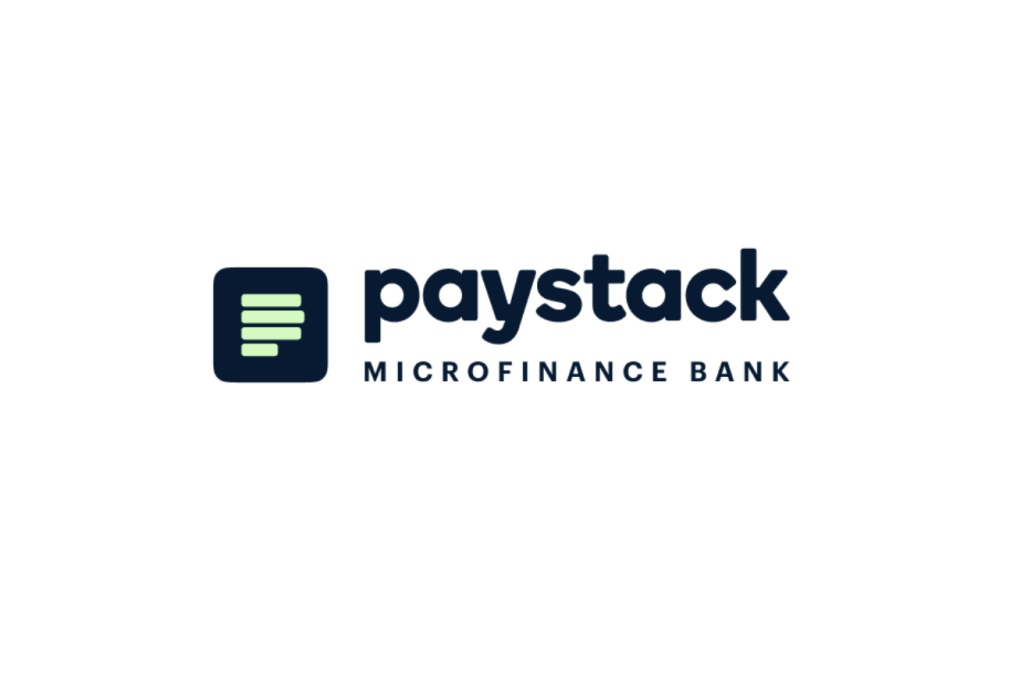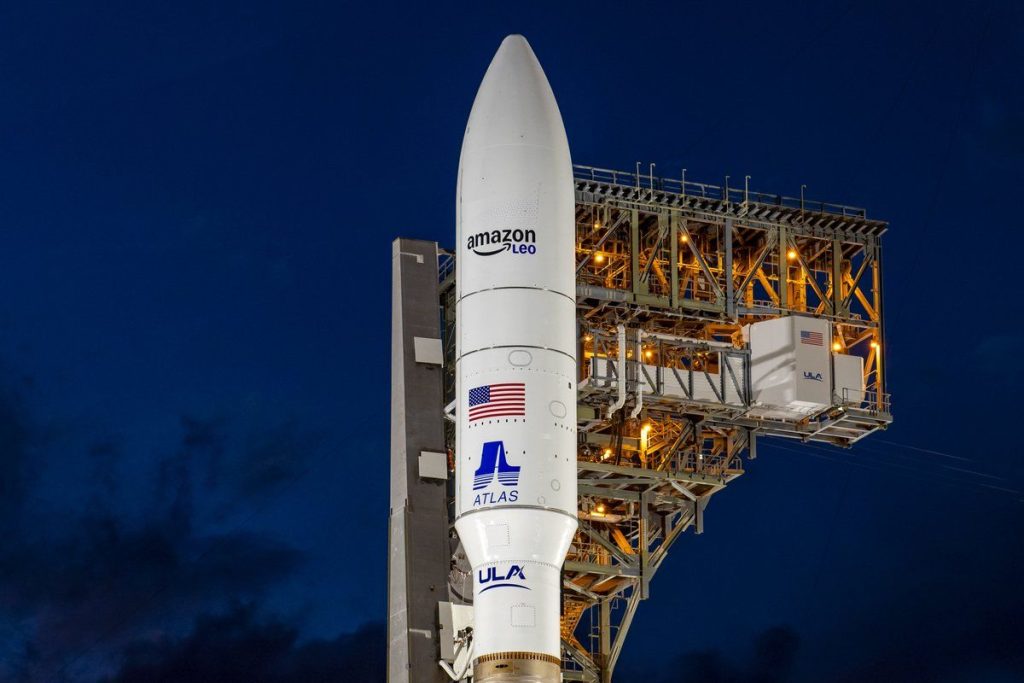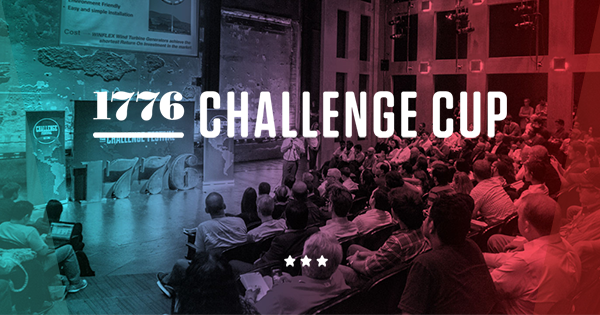
The Africa edition of the 1776 Challenge Cup took place in Nairobi, with 30 startups presenting their ideas and pitches for the chance to get funding and advance to the Global Finals in June.
The startups were clustered into six main categories: Education, Health, Food, Money, Transportation and Energy.
Over the course of two hours, each startup presented their ideas for five minutes, followed by a two-minute question-and-answer session with the judges.
The startups were winners of Challenge Cup Local round events in Accra, Addis Ababa, Casablanca, Harare, Kampala, Lagos and Pretoria.
Interestingly, a number of these startups were doing similar things in different countries, such as Boresha from Kenya and TotalPrep and Pass.ng , both from Nigeria respectively, which are using technology to fill in the gaps that have emerged in the countries’ education systems.
Others tackled the same problem from different ends. Awamu Biomass Energy of Uganda and Zaacoal of Ghana are looking to change how biomass is used to cook in their respective countries. Awamu is introducing clean-burning stoves, while Zaacoal is making clean-burning charcoal from landfill waste.
Anchorpay and Lipacard both from Kenya, are looking to give school children under the age of 18 access to financial services. Anchorpay is gamifying financial literacy by turning the students’ quest for financial information into a game with a reward at the end. Lipacard, on the other hand, is using an NFC card that parents can load money on for students to spend, allowing them to earn points and keep track of the students’ expenditures.
There were some fascinating innovations as well. Khepri of South Africa are replacing fishmeal used as animal feed with an insect-based substitute that cuts the cost to farmers by 60%. WHC, also from South Africa, have invented a valve designed to solve the problem of water loss from leaking toilets that, according to their estimates, amounts to about 700 liters a day wasted.
Ultimately, the startups that won appear to have been those with already established structures, including traction and a clear strategy for going to market. Three startups from Morocco, one from Kenya and one from Ghana won a trip to the 1776 Global Challenge in Washington, DC. These are:
- GoMobile (Morocco) — Streaming audio service that uses mobile phones to connect unconnected communities that would otherwise be locked out from using conventional technology
- Hakeeme (Morocco) — A wearable device that monitors construction workers’ health and provides anonymized reports workers’ pulse and body temperature.
- Moldiag (Morocco) — Cost-effective molecular diagnostic kits for the detection of diseases such as cancer and viral infections.
- Moringa Schools (Kenya) — Teaching students who are passionate about technology to become mobile and web developers by providing a curated curriculum and expert teachers.
- Zeepay (Ghana) — A mobile money payment app with value added services that enables users with mobile money wallets to pay for goods and services at retail points of sale.
We wish the five qualifiers all the best in DC.





